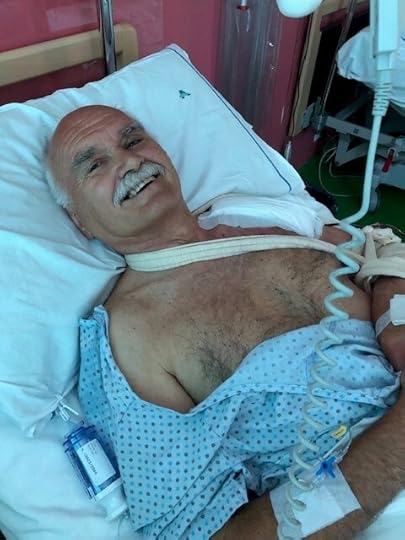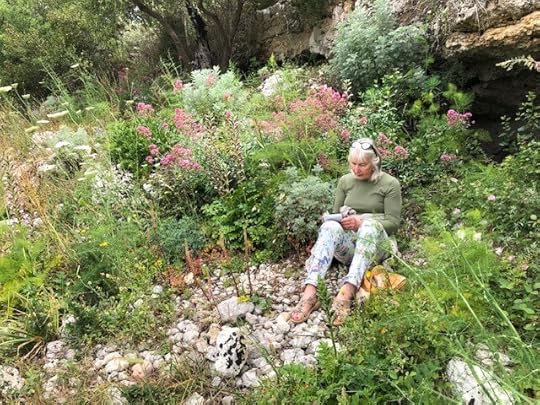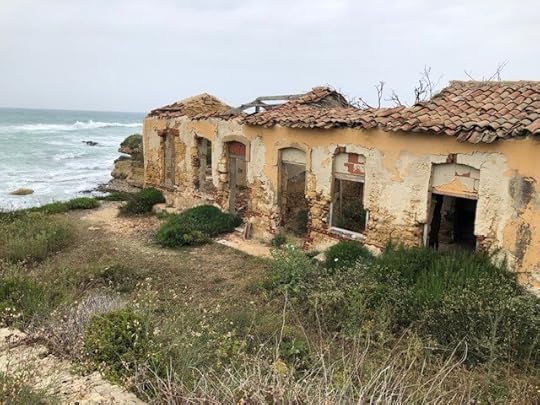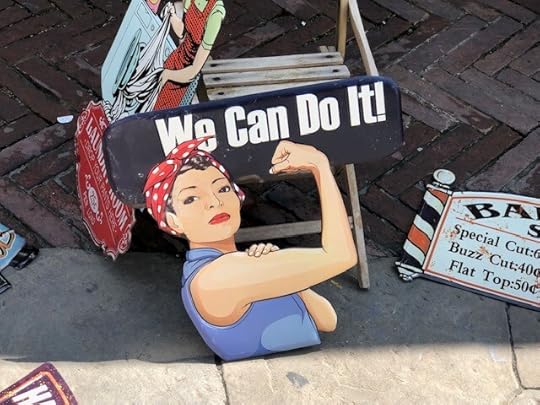Bits and Bobs…

I’ve sent off my seventh book to my editor at Bookouture. Now comes the hard work with changes, deletions and suggestions to improve the story. It always happens in autumn with the schedule I have. While I wait for my edits to return, I’m filling my time with walks, gardening, seeing friends but I still can’t switch off from the writing process. I guess it’s a part of me.
I thought I’d share some points I’ve learned about my writing process over the past years and I’d love you to contribute any tips or methods of your own that you find helpful.
“TIME AND TIDE WAIT FOR NO MAN”, wrote Geoffrey Chaucer
This is perhaps the most obvious point, but time counts so plan your writing slots. I find the mornings are best for ideas to flow. Sometimes, in the first waking minutes, a plot improvement, a new character, a change I need to make, comes more easily to my brain. So, I get up there and then, make a cup of tea and write. Work out the best time for yourself to fit in with other commitments

My editor and I plan a schedule so I have a date when I know my story must be submitted and I plan my diary around this. Each day I try to write a minimum of one thousand words. Some days it might be less, other days more if the writing flows. Even if you don’t have an editor or a deadline, you can create your own writing programme. Otherwise, the days will pass and you will lose momentum and those words will not get written. You can’t get back the minutes you waste. Also, you never know what might happen to put a spanner in your writing schedule. I fell this winter and had to have an op on my right thumb which set me back. My husband had a serious shoulder op after a nasty accident, which was a huge shock, but with a few tweaks to my schedule, I kept on track.

As you write, keep a summary of your chapters, word counts, characters, times, locations and main events. This will be invaluable when you are re-writing. Completing your first draft is only the beginning. There will be many changes and improvements to be made and there is nothing worse than sifting and scrolling through your text to find the section of your story you need to amend.


I compile my own spread sheet but other writers use programmes like Scrivener, Atticus or Papyrus Author or simply use a notebook.
Always carry a notebook and pen around with you to capture ideas, names, questions you need to research, quotes, overheard conversations etc. You’ll probably forget them otherwise. If you prefer, you can record on your phone. Personally, I use my phone to take loads of photographs. The book I have just written takes place in Sicily, so on my research trip there, I took photos of everything and anything to stimulate my writing later on.






You never know who you might meet on your research trips, so don’t be shy. Often when strangers know you are an author, they open up. Have a card with your details at the ready and ask cheeky questions. In May I met a charming young historian whilst out walking along the sea who was only too ready to share his knowledge of the Allied invasions of 1943 along his coastline and he turned out to be a fount of unbelievable anecdotes which have now enriched my storyline. Ask, ask, ask… “Seek and ye shall find”.


My helpful guide around the sites of the allied landings on the south eastern coast of Sicily: Giovanni Abela. He also referred me to invaluable text books and a Facebook group. Social media and the author go hand in hand, if used properly.
Your research will be extensive. You won’t need to use it all. I write historical fiction, not history books. But don’t discard ANYTHING. You never know when it might come in useful for something else: a short story, another book. Keep everything.

I had a story published this summer in a magazine and it was compiled from a writing exercise and ideas I had saved.
Remember to treat yourself too. Take breaks from your hunched-up position at your laptop. Use a timer to remind yourself to move. I have some five and ten-minute stretching exercises on my phone that I like to do. Your break doesn’t always need to be a drink and a chocolate biscuit. It’s easy to pile on pounds when you are a writer and not so easy to discard them. But do remember to spoil yourself too. And, above all, to ENJOY your writing. Don’t let the deadlines stress you out. That’s why it’s important for me to keep to my schedules if at all possible.

Relaxing today along the river Marecchia and reading. Reading is part of writing…
Don’t forget to share your own writing tips with me. The above are only a few. More to come at a later date.

As seen in Arezzo market on an afternoon off. Afternoons off are important!



